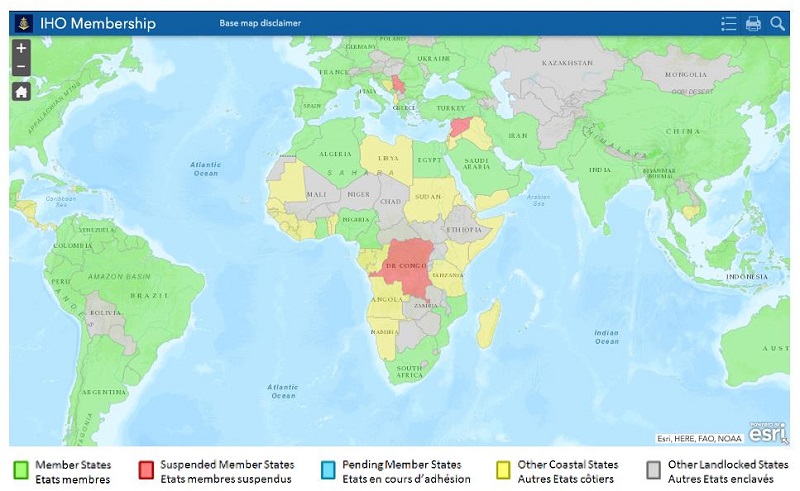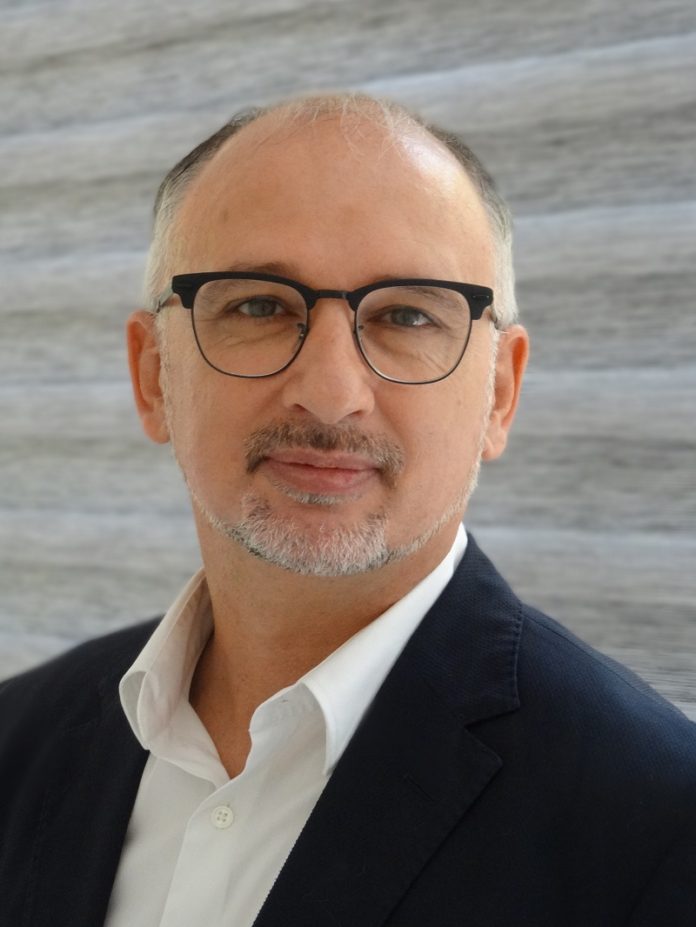The African continent is made up of 54 countries, 38 of which have access to the sea. For these coastal countries, mastering hydrographic know-how is a strong marker of national independence. At stake is both autonomy in the understanding of maritime territorial limits, which enables them to assert their rights in the competition between nations, and economic independence in the management of waterways and ports.
This ambition requires substantial resources, and by resources we mean budgets and competences. In Africa, this is a cruel observation. National hydrographic services, where they exist, are not always able to carry out the work of mapping or updating bathymetric data in complete independence. The operation of a specialized vessel, equipment and licenses are expensive. It is understandable that, in terms of national budgets, these expenses are not a priority.
However, all these countries have international obligations to provide hydrographic services. United Nations resolutions regularly refer to the importance of this activity in ensuring the safety of navigation worldwide, while the IMO reminds us of our duties:
(SOLAS – Chapter V, Regulation 9):
Art.1 Contracting Governments undertake to make arrangements for the collection and compilation of hydrographic data and for the publication, dissemination and maintenance of all nautical information necessary for the safety of navigation.
In order to meet these obligations and to assist States in the acquisition of skills, it is necessary to recall the admirable work of the International Hydrographic Organization which has put in place a real strategy for capacity building.

As a complement and to meet specific needs for measures, this task is often delegated, with more or less success, to private companies. So, are we observing today a transition phase, and can we hope that tomorrow, the national hydrographic services in Africa will have built their full autonomy?
Despite the encouragement of international institutions, I am moderately optimistic. From a local perspective, the initiatives will undoubtedly experience varying fortunes depending on the countries
While for some African countries full autonomy is an ambitious goal, I am nevertheless convinced that we can redistribute the challenge regionally. By pooling their resources, neighboring countries could mutually benefit, while at the same time gaining a form of independence.
Let us imagine a training course organized by the member countries of the African Port Management Association, and a regional hydrographic service with a ship and equipment, which would go from port to port all year round on the continent. Wouldn’t that look good?
Let’s not be naive. Such a supranational organization would certainly be a hotbed of tension and difficult compromises. But there is no doubt that shared autonomy is a preferable ambition to giving up our sovereignty.
Author: Raphaël PACOT, Deparentis Managing Director



